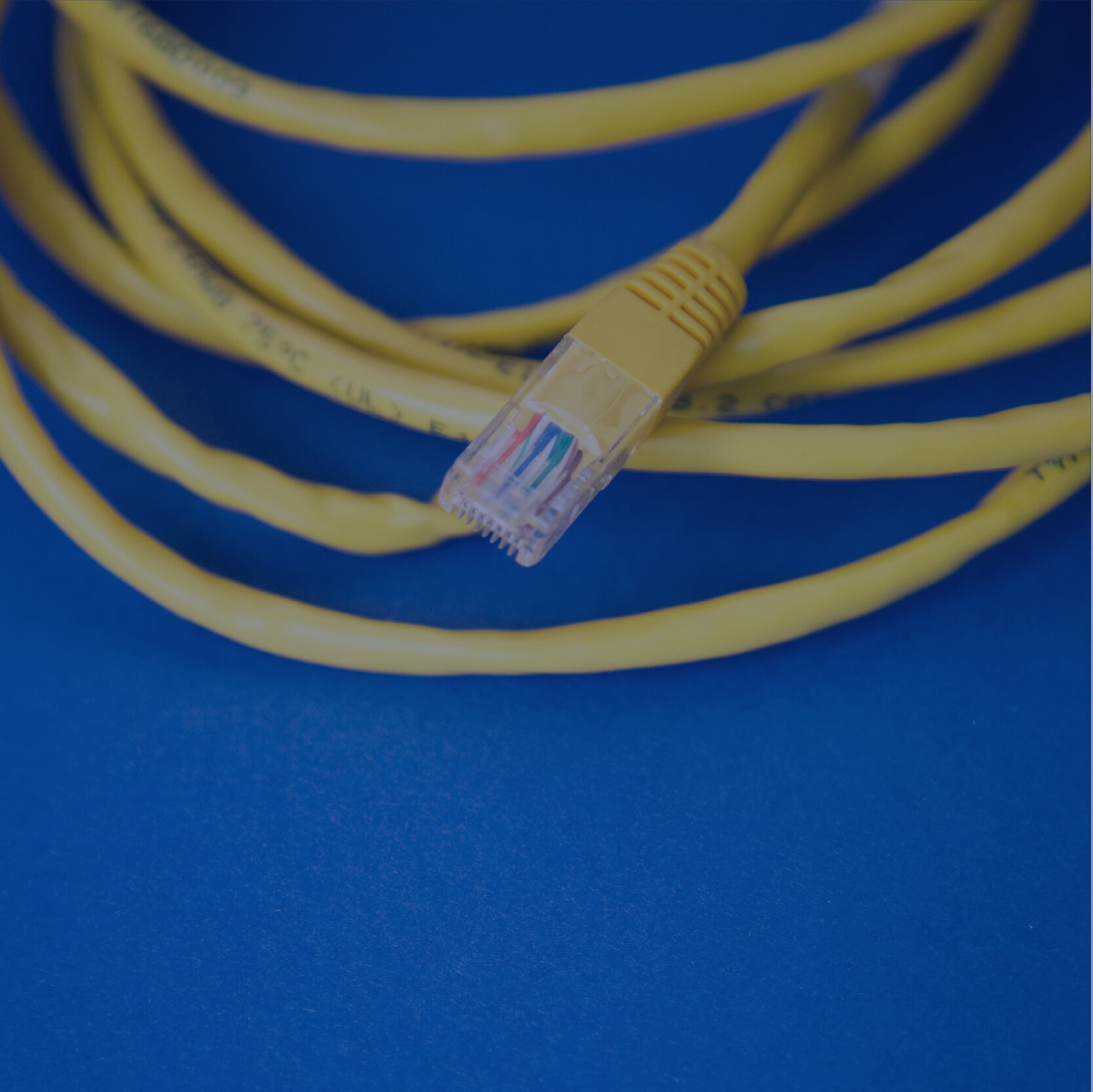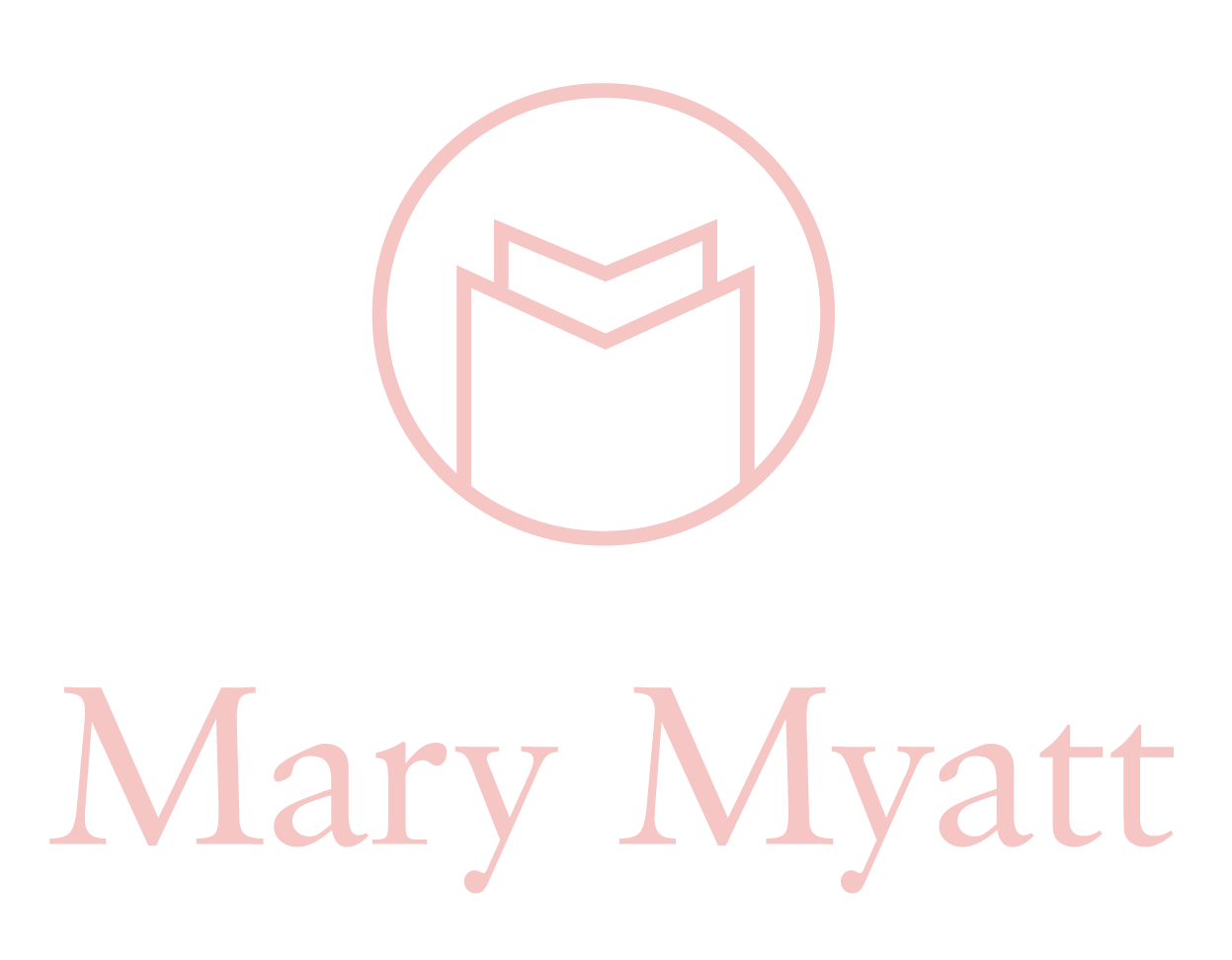
Computing
About
As with the other national curriculum subjects there are four strands to support high quality subject knowledge:
National curriculum importance statements
Authentic sources
Subject associations
Twitter communities
To help us get our bearings, it is worth quoting the purpose of computing in the national curriculum programme of study: ‘A high-quality computing education equips pupils to use computational thinking and creativity to understand and change the world. Computing has deep links with mathematics, science and design and technology, and provides insights into both natural and artificial systems. The core of computing is computer science, in which pupils are taught the principles of information and computation, how digital systems work and how to put this knowledge to use through programming. Building on this knowledge and understanding, pupils are equipped to use information technology to create programs, systems and a range of content. Computing also ensures that pupils become digitally literate – able to use, and express themselves and develop their ideas through, information and communication technology – at a level suitable for the future workplace and as active participants in a digital world.
The national curriculum for computing aims to ensure that all pupils: ‘can understand and apply the fundamental principles and concepts of computer science, including abstraction, logic, algorithms and data representation; can analyse problems in computational terms, and have repeated practical experience of writing computer programs in order to solve such problems; can evaluate and apply information technology, including new or unfamiliar technologies, analytically to solve problems; are responsible, competent, confident and creative users of information and communication technology.’
Once the importance statements have been revisited, it is helpful for subject leaders and co-ordinators to discuss and agree with colleagues, the reason why their subject, in this case computing, is important for the pupils in their school. One way of doing this, is to draw on a quote, in this case from George Dyson, ‘Alan Turing gave us a mathematical model of digital computing that has completely withstood the test of time. He gave us a very, very clear description that was truly prophetic.’
This kind of prompt allows us to formulate our way of stating the importance of the subject. We might agree or disagree with such a statement and in doing so come to a form of words which expresses our view of the importance of this subject, in this school. This moves us away from the territory of ‘we teach this subject because of the SATS or GCSEs’. While the external tests and exams are important, they are not the totality of the subject.
Professional Communities
Subject associations are important because at the heart of their work is curriculum thinking, development and resources. The subject association for computing is Computing at School and it should be the case that any member of staff with responsibility for a subject should be a member of the relevant subject association, and this should be paid for by the school.
Twitter subject communities are important for the development of subject knowledge, because it is here that there are lively debates about what to teach, how to teach and the kinds of resources that are helpful. For computing it is worth following Computing at School and the hashtag is #CASChat.
Myatt & Co Films
Click on the button below to take you to films on Computing on the Myatt & Co website
